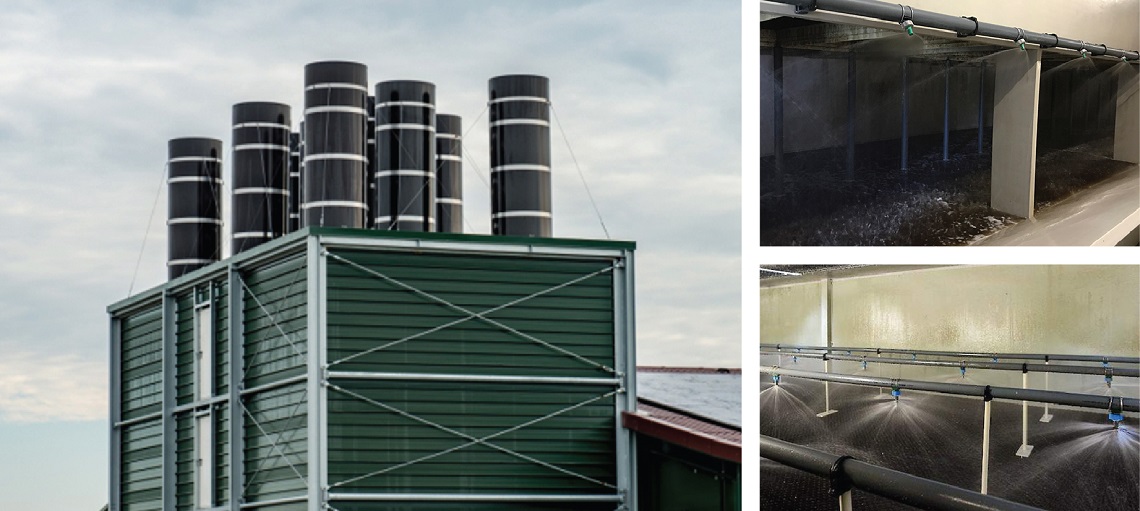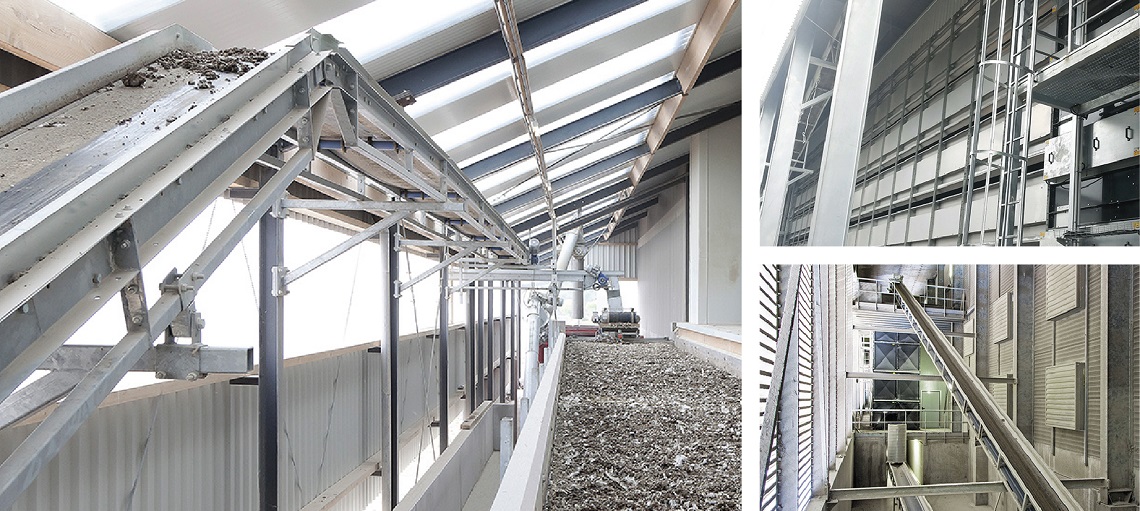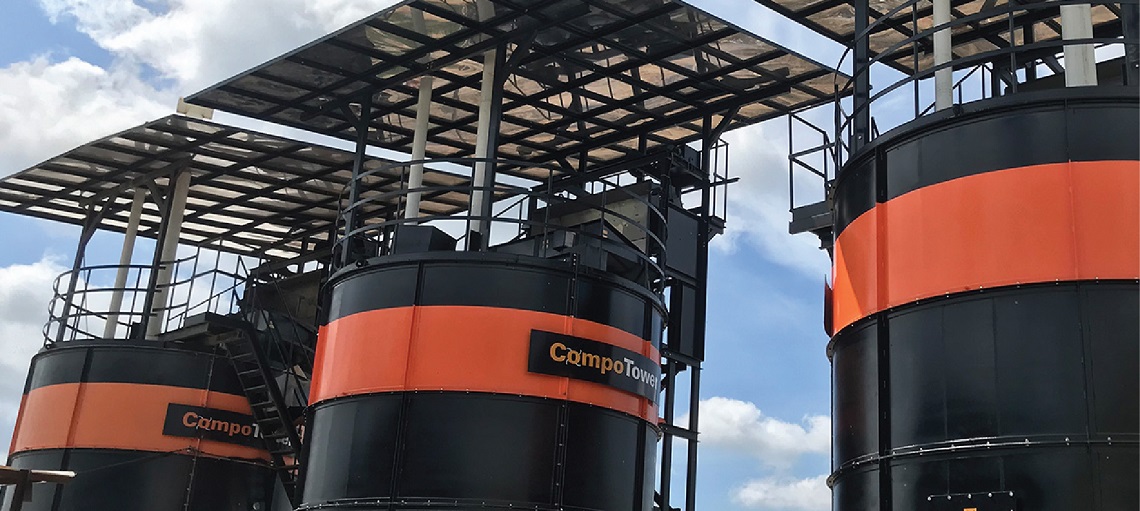Manure Matters: Proven Equipment for Manure Management in Layer Farms
Manure management is an essential aspect of poultry farming, especially in large-scale layer farms where hens are raised primarily for egg production. In regions like Asia, where the demand for poultry products is rising rapidly, the need to manage manure efficiently is critical. Manure is more than just waste—when handled properly, it can be transformed into a valuable resource. However, if left unmanaged, it can lead to significant environmental pollution and health hazards.
Why Manure Management is Crucial?
Layer farms generate vast amounts of manure daily. A single adult hen can produce approximately 110-150 grams of manure per day, which, when multiplied across thousands or even millions of birds, amounts to substantial quantities. Poor management of this manure can lead to several problems:
- Environmental Pollution: Runoff from manure can contaminate water bodies, leading to nutrient overload and eutrophication. Excess nitrogen and phosphorus from poultry manure are major contributors to water pollution, which affects local ecosystems.
- Odor and Air Quality: Manure left in the open releases ammonia and other gases that degrade air quality. According to research, poultry farms are one of the major contributors of ammonia emissions globally.
- Health Hazards: Manure can harbour pathogens such as Salmonella and E. coli, which can pose risks to both animals and humans if not properly managed.
However, manure also contains nutrients like nitrogen, phosphorus, and potassium, making it a highly effective organic fertilizer. By managing manure properly, farms can reduce pollution and even generate additional revenue through fertilizer sales.
Big Dutchman’s Proven Equipment for Layer Manure Management
The effective management of manure in layer farms requires specialized equipment that can handle the large quantities of waste produced daily. At Big Dutchman, we offer 3 key equipment that in combination create a more hygienic production environment, while transforming the manure into a valuable organic fertiliser.
1. Pollo-L Air Scrubber

The Pollo-L Air Scrubber from Big Dutchman is a single-stage chemical exhaust air washer that caters to layer houses. For a large contact surface, it contains a filter element mounted horizontally in the exhaust air tower. Our air cleaning system is monitored by conductivity sensor and pH meter, to ensure the process water reaches a pH value of ≤ 3.3, for effectively scrubbing and removing ammonia in the exhaust air. Ammonia present in the air is firstly dissolved into ammonium ion. The process water which contains sulphate ion, will then react with ammonium ion, and created the stable fertilizer salt called ammonium sulphate, as the end product.
2. OptiPlate Manure Drying System

OptiPlate is a highly-efficient steel plate drying system with a compact design. It dries fresh poultry manure originating from aviaries and cage systems to up to 80% dry matter. During the drying process, fans push the warm exhaust air into the pressure corridor. There, it flows through all tiers over the entire width. The perforated steel plates ensure that the warm air not only passes through the manure. Its robust design features two perforated steel plate levels and thick layer of substrate hold capacity on each level. OptiPlate is easy to maintain and can dry the manure of up to 200,000 laying hens.
3. CompoTower Manure Fermenter

CompoTower is a vertically, enclosed high-quality fermentation system that evaporates the moisture in manure and slurry through a high-temperature fermentation process. The CompoTower process converts organic waste into high-quality compost which can be used as high-value fertiliser for different plants and crops. In fact, properly composted manure retains 40-60% more nitrogen than untreated manure, making it a superior fertilizer. The aerobic fermentation method produces a final product that is germ-free and allows easy control of exhaust air and odour. The stand-alone CompoTower has minimum space requirements, thus giving the user great flexibility in farm layout design.
Manure management in layer farms is not just about waste disposal—it’s about transforming a potential environmental hazard into a valuable resource. With the right equipment, from manure scrapers and conveyor belts to anaerobic digesters and composting machines, layer farms can manage manure more effectively, reduce their environmental footprint, and generate additional revenue.
Want to know more about efficient and hygienic manure management in layer production? Click the ‘Send a Message’ Button below to talk to us.

